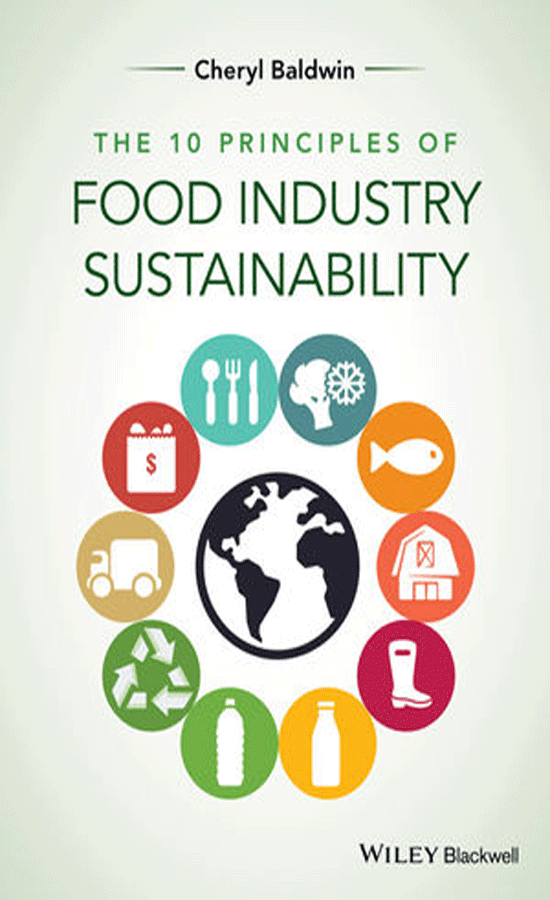Dow launches biocircular and circular propylene glycol solutions in North America
Renuva and Ecolibrium technologies enable two new offerings for a wide range of propylene glycol applications.

Courtesy Dow
Dow is announcing the launch of two new sustainable varieties of propylene glycol (PG) solutions in North America featuring biocircular and circular feedstocks. Suitable for a broad range of applications, customers can now offer their high-performance products with externally verified sustainability benefits thanks to a mass balance approach.
The mass balance approach traces the flow of biocircular and circular materials used to manufacture PG through complex value chains and attributes it based on verifiable bookkeeping; an approach that recently received ISCC PLUS certification in Freeport, Texas.
This achievement marked the first time that a Dow PG manufacturing plant in North America received an ISCC PLUS certification. “We are proud to set a precedent for more sustainable material production in North America, demonstrating our commitment to advancing sustainable production and products for our customers,” said Thales de Oliviera, business sustainability leader for the Americas for Dow Polyurethanes. “The demand for circular and bio-circular material for polyurethane end-markets is increasing, and by using our advanced recycling technologies, we can now offer our customers the same high-quality products with increased sustainability benefits.”
Supporting more sustainable offerings in the PG portfolio
Applying innovative technologies, two new sustainable PG products will now be available in North America and certified by ISCC PLUS:
- Propylene Glycol CIR featuring Renuva recycled content helps customers close the loop and process hard-to-recycle post-consumer and post-industrial waste into sustainable feedstocks.
- Propylene Glycol REN featuring Ecolibrium biocircular technology enables a reduction in the use of fossil fuel-based feedstocks.
The new PG solutions, CIR and REN, are designed to help customers reach their circular and sustainability goals and are suitable for a broad range of applications across industries.
As Dow accelerates its sustainability journey, it continues to seek out new and innovative ways to incorporate alternative feedstocks, specifically those with biocircular origins or derived from post-industrial consumer waste, to create more sustainable solutions. The mass balance approach makes use of verifiable bookkeeping to trace and attribute the flow of sustainable materials through complex value chains without changing the production process.
Source: Dow
Looking for a reprint of this article?
From high-res PDFs to custom plaques, order your copy today!





